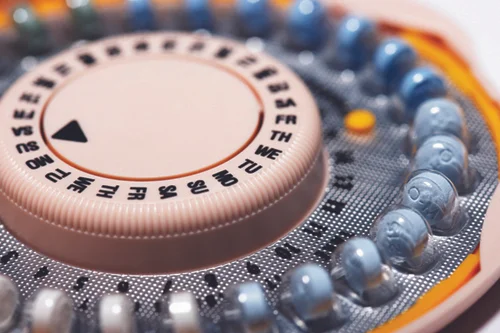PROVO, Utah -- From the start, the "Utah compromise" on religious liberty and key gay-rights issues had that special sex appeal that made news.
Journalists knew it was impossible to produce this 2015 Utah bill without the cooperation of leaders in the Church of Jesus Christ of Latter-day Saints, and Mormons in the Republican-dominated state legislature. Powerful LGBT leaders were in these negotiations, as well, and endorsed the final product.
The key -- for politicians using Utah as a template -- was that both sides made important compromises, while defending their core beliefs and goals, said the church's top lawyer, at a recent Brigham Young University conference on "Religious Freedom in an Era of Social Change."
"Some may be shocked to hear this, but not all religious freedoms are equally important," said Elder Lance B. Wickman, general counsel for the LDS church. "Defenders of religious freedom have to decide what is closer to the essential core of religious freedom and what is more peripheral. To do otherwise risks weakening our defense of what is essential.
"If everything that could even loosely be considered 'religious' is treated as equally important, then effectively nothing religious is important."
Thus, the "Utah compromise" banned LGBT discrimination in housing and employment, while including explicit protections for religious organizations and their institutions, along with "carve-out" clauses protecting the beliefs of many individuals. County clerks, for example, are not required to approve gay marriages, but officials had to make other options easily available.





